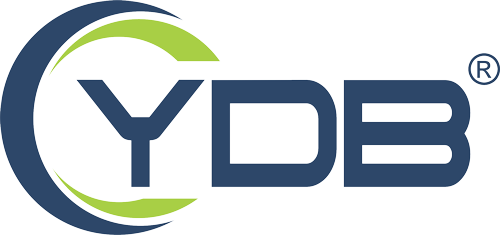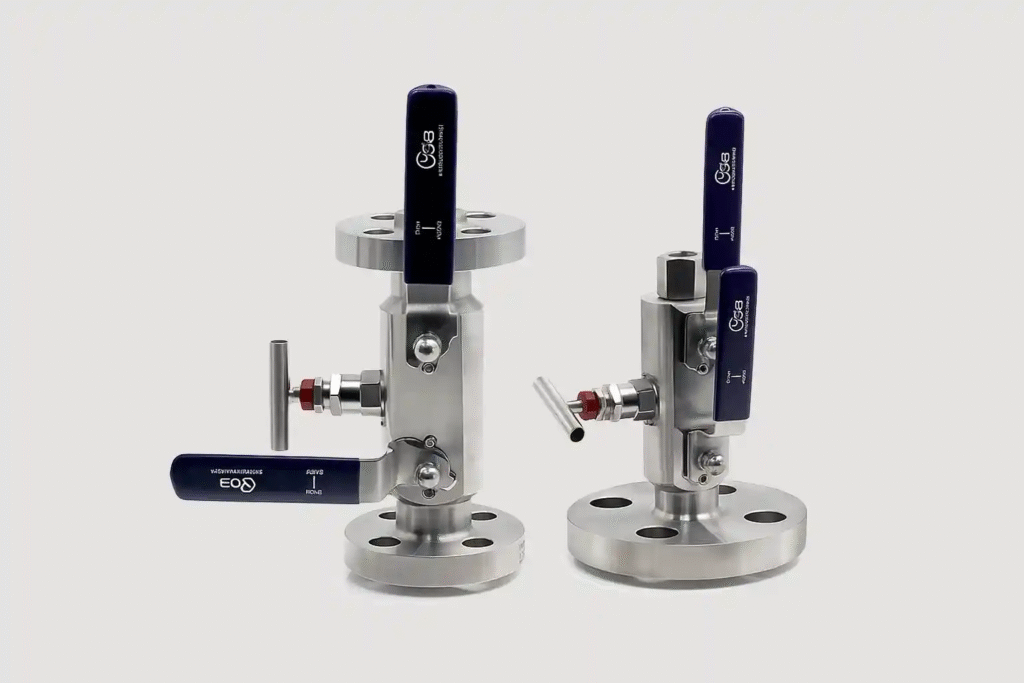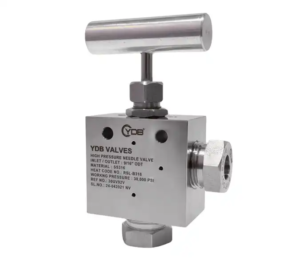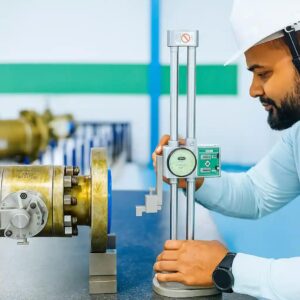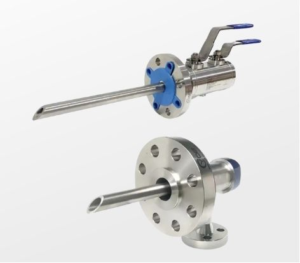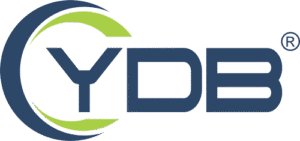Industrial systems handling hazardous fluids, high pressure, or critical operations require absolute reliability and safety. Double block and bleed valves (DBB) are engineered to provide maximum isolation and protection by combining two block valves and a bleed valve in a single body. Choosing the right DBB valve—or even a single block and bleed valve (SBB)—depends on the unique requirements of your system, including pressure ratings, media type, and installation environment.
What are double block and bleed valves?
A DBB valve provides a secure method to isolate a section of a pipeline or process system. With two sealing mechanisms and a bleed cavity in between, these valves ensure zero leakage during maintenance, testing, or critical shutdowns. Unlike traditional systems that use multiple valves and fittings, DBB valves reduce leak paths, conserve space, and enhance overall efficiency.
In industries such as oil and gas, chemical, and power generation, DBB valves are often paired with isolation ball valves or instrumentation valves to deliver additional control and protection.
Single block and bleed valves: a practical alternative
For applications where full double isolation isn’t necessary, single block and bleed valves are a cost-effective option. They provide adequate isolation and venting for non-lethal fluids or lower-pressure systems. While not as robust as DBB designs, they can be highly efficient when chosen for the right operating conditions.
Key factors to consider when selecting DBB valves
1. Valve design
DBB valves are available in ball, needle, and plug designs.
- Ball designs(including API 6D ball valves, forged ball valves, and cast ball valves) are preferred for pipeline and process isolation.
- Needle types, such as high-pressure needle valves, are ideal for precise flow control in critical systems.
2. Pressure class and temperature range
Consider the maximum pressure and temperature the valve must withstand. For pipelines and refineries, ball valves for pipeline applications are engineered to handle extreme loads. For marine or offshore use, materials like duplex or Inconel may be essential to ensure long-term performance.
3. Materials of construction
Durability is crucial in corrosive environments. Options include stainless steel, duplex, super duplex, or specialty alloys. Forged steel valves often deliver higher strength and reliability, while cast ball valves offer cost-effective solutions in less demanding applications.
4. Installation and maintenance
Select a valve designed for ease of installation, reduced weight, and minimal maintenance. Compact, precision-engineered valves minimize leak paths and downtime. Additionally, butterfly valves and injection quill valves can be paired within a system to enhance performance in auxiliary applications.
Benefits of choosing the right DBB valve
- Enhanced safety by reducing potential leak points
- Cost savings from fewer components and a compact design
- Increased system reliability in high-pressure and hazardous environments
- Compliance with international standards for safety and performance
Why partner with YDB Valves LLP?
At YDB Valves LLP, we specialize in precision-engineered industrial valves, including double block and bleed valves, single block and bleed valves, as well as a wide range of pipeline and instrumentation solutions. Our valves are designed to perform under the most demanding conditions, ensuring durability, safety, and efficiency.
We combine advanced design with rigorous testing and ISO-certified quality systems to deliver valves that minimize downtime and maximize reliability. Whether your needs involve new concept instrumentation valves or large-scale pipeline isolation solutions, our engineering expertise ensures the right fit for your system.
Partner with YDB Valves LLP for reliable, high-performance DBB and SBB solutions tailored to your industry. Contact us today to discuss your requirements and discover how our precision-engineered valves can enhance your operations.
